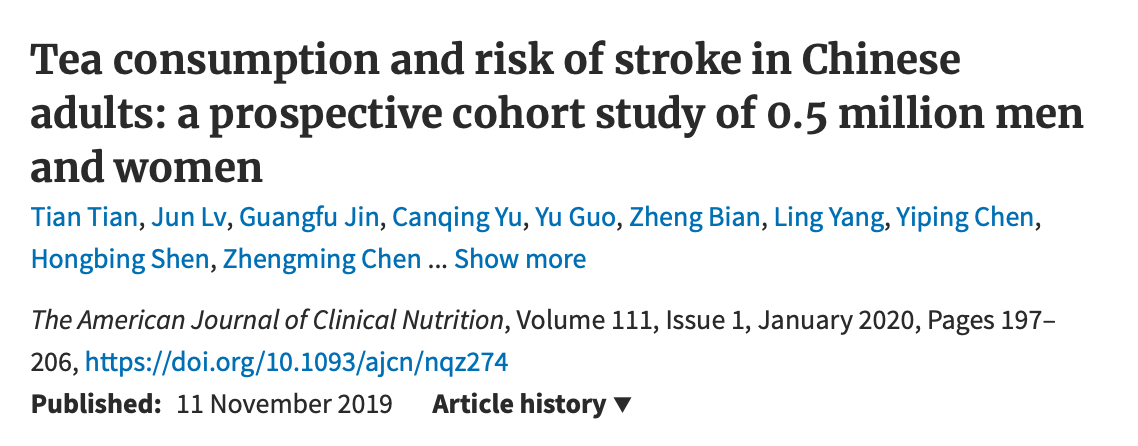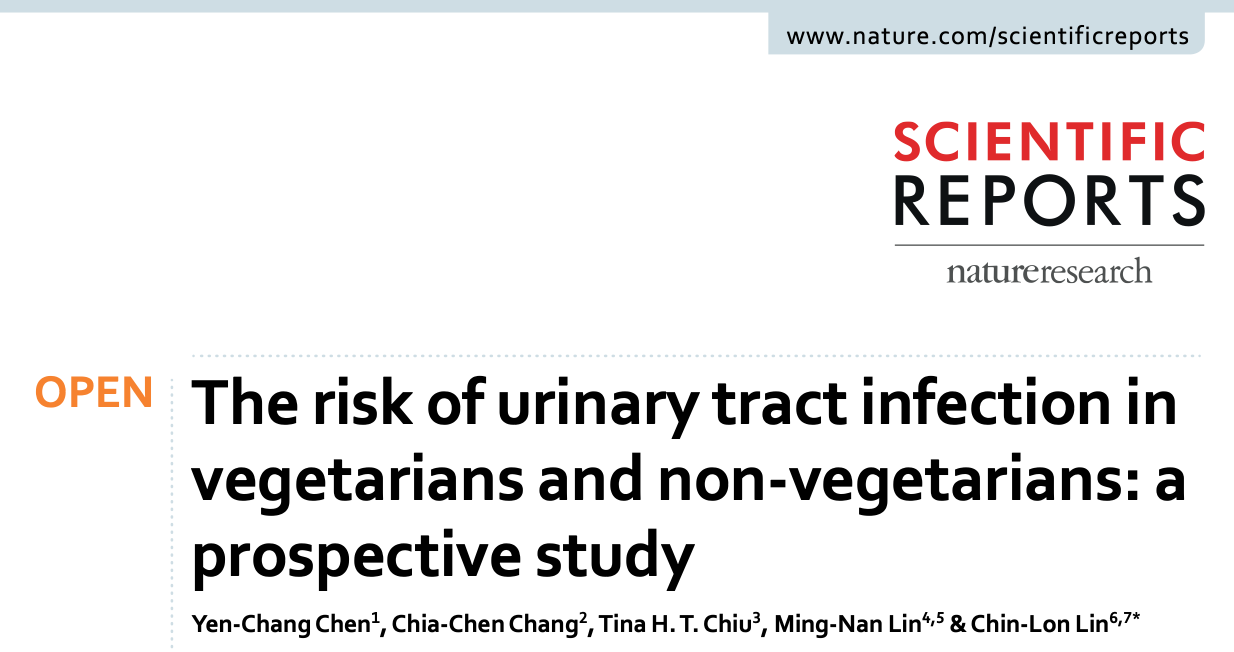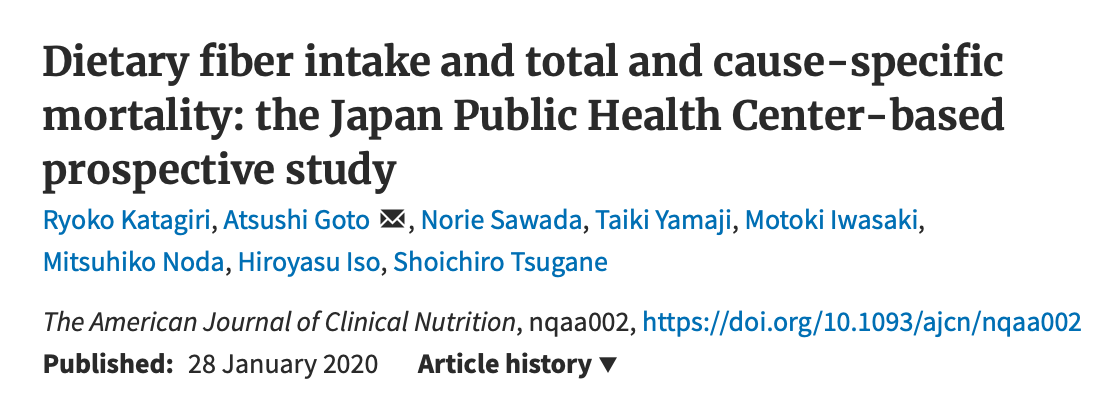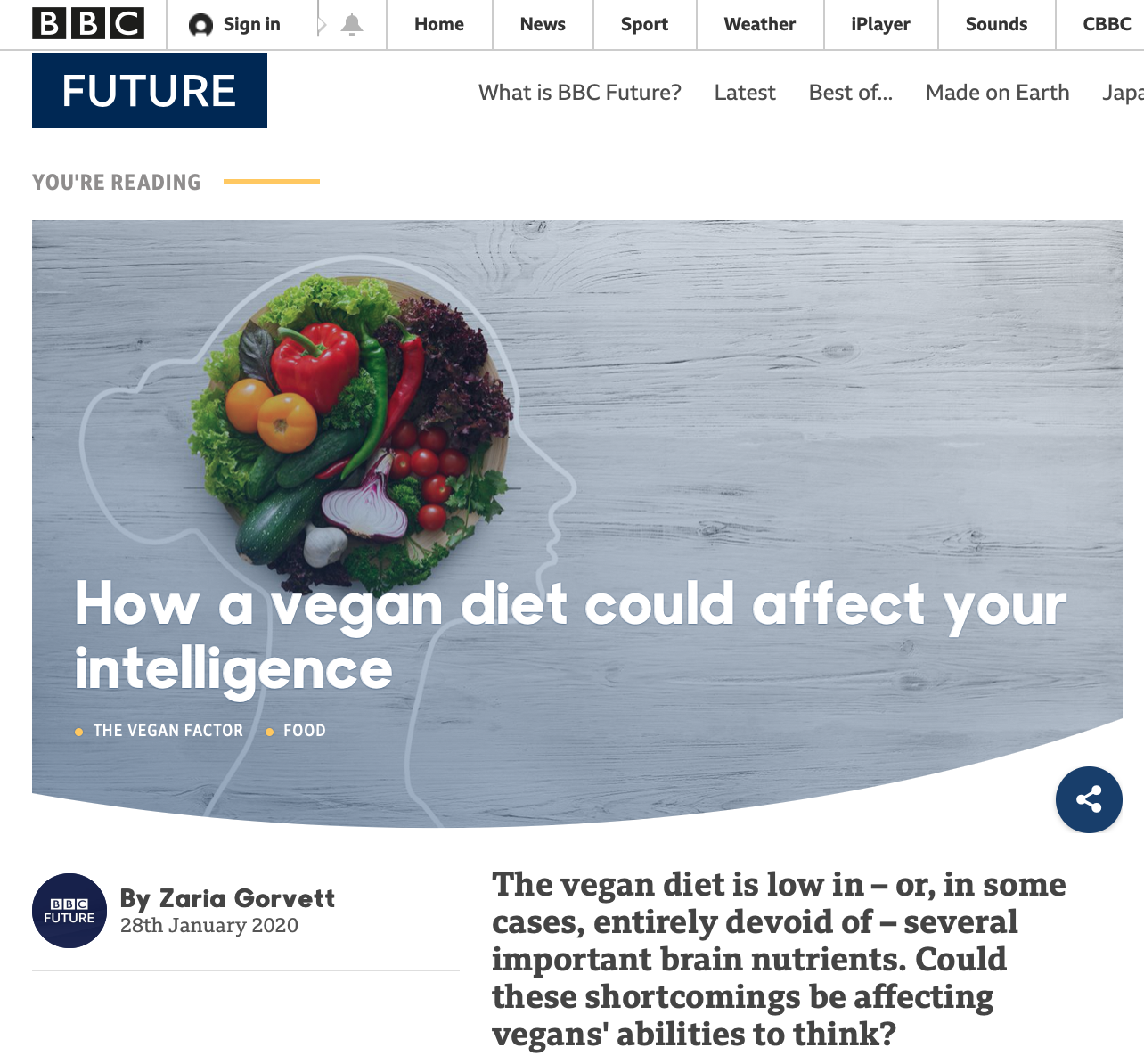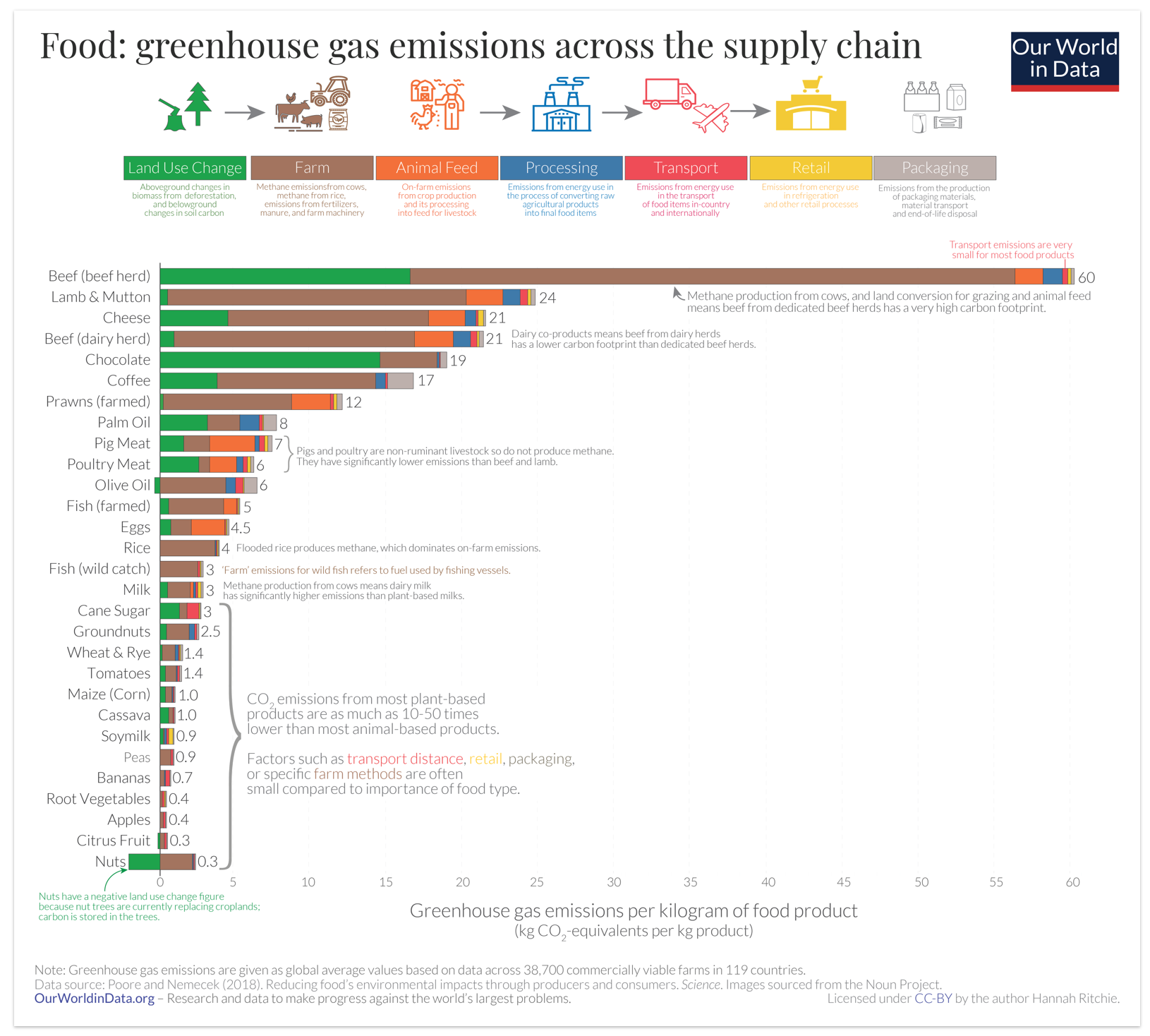A review of the weeks plant-based nutrition news 2nd February 2020
It has been a busy week preparing and attending Plant Powed Expo. We had a wonderful time meeting our members, those new to plant-based diets and signing up many new members. The health talks were very popular, promoting great discussions, and our first PBHP UK members social was very well attended, giving members an opportunity to connect and network.

Plant Powered Expo and PBHP UK members social 1st Feb 2020
As a consequence this review may be a bit brief! Nonetheless, its been an interesting week in both the scientific journals and the media. I highlight some papers from Asia where transitional diets are plant-based but over recent decades the diets have become more ‘Westernised’.
DRINKING TEA IS DEFINITELY FOOD FOR HEALTH: Tea is one of the commonest drinks consumed around the world with China being one of the highest consumers. Various health benefits of tea consumption have been reported in the literature, although results are not always consistent. These benefits are generally attributed to the polyphenols in tea, which have anti-inflammatory and anti-oxidant properties and may improve endothelial function. A particular class of polyphenols, catechins, are thought to be responsible for many of these benefits. The most commonly consumed teas are black and green. Green tea does not undergo the same oxidising/fermentation process of black tea and as a consequence contains different proportions of the the various polyphenol compounds. For example, green tea can have in the order of 3–10 times the concentration of catechins compared to black tea.
This study from China examined the impact of regular tea consumption on the risk of stroke in almost 0.5 million men and women. 26% of participants reported drinking tea, mainly green tea, on a daily basis. Those consuming tea on a daily basis had an 8% reduced risk of stroke (both ischaemic and haemorrhagic) compared to those not consuming tea. This risk reduction related to consumption of green tea but not black tea. The risk of stroke amongst daily tea consumers decreased further with increasing duration and amount of tea consumed compared with the risk in the those not consuming tea although these findings were more significant in men than women.
These findings are consistent with a meta-analysis of 14 studies, which reported that three cups of tea a day was associated with a 13% decreased risk of stroke with a dose response relationship. Both black and green tea consumption showed benefit in this analysis but only for ischaemic stroke prevention. So even though the data many not be entirely consistent there appears to be a benefit of tea consumption for stroke prevention.
REDUCED RISK OF URINARY TRACT INFECTIONS IN VEGETARIANS: These data are from The Tzu Chi Vegetarian Study (TCVS), a prospective cohort study, that recruited 12062 Tzu Chi volunteers in 2005 throughout communities in Taiwan. The TCVS study, along with the EPIC Oxford study and Adventist Health Study-2, is one the important prospective cohorts that specifically examine the health of vegetarians and vegans.
This study examined the risk of urinary tract infection (UTI) in vegetarians and non-vegetarians. UTIs are one of the commonest causes of bacterial infection with Escherichia coli (E Coli) being a common pathogen. The route of infection is mainly through ascending infection from the distal urethra, which become colonized by intestinal bacteria. However, UTIs can also be caused by extra-intestinal pathogenic E. coli and these strains are derived from poultry and pork. The study hypothesised that those avoiding meat consumption would have a lower incidence of UTI.
Omongst the 9724 participants there were 661 cases of UTI during the 10 years of follow-up. Vegetarians have a 16% lower risk of urinary tract infections compared to non-vegetarians. The association was particularly significant amongst females, non-smokers, and mainly for the uncomplicated-subtype of UTI.
This study confirms previous data suggesting that meat-bourne pathogens are a major contributor to the risk of UTIs and increasingly these food bourne bacteria are displaying antibiotic resistance.
HEALTH BENEFITS OF FERMENTED SOYA FOODS: Soya food are commonly consumed in Asian countries. Natto (soybeans fermented with Bacillus subtilis), miso (soybeans fermented with Aspergillus oryzae), tofu (soybean curd), and abura-age (fried tofu) are widely consumed in Japan. Data on soya consumption and health outcomes have not always been consistent with differences found between the consumption of fermented soya foods compared with non-fermented/total soya consumption.
This large Japanese study included 92915 participants with 13303 deaths over the 15 years of followp-up. It found that high intake of fermented soya products (but not non-fermented soya) was associated with a 10–11% lower risk of mortality from all causes. Miso soup and natto intake were inversely associated with mortality, but the associations were more clear in women than in men. When specific causes of death were examined, reduced risk was observed for cardiovascular disease and heart disease, while no association was observed for cancer.
The beneficial nutrients in soya are thought to be the isoflavones, fibre, unsaturated fats, potassium and the high quality plant protein. Fermented soy products are richer in fibre and potassium and also contain additional bioactive components, including the fibrinolytic enzyme nattokinase (in natto) and polyamine. It is surprising that a food such as miso that contains around 12g of salt per 100g could have benefits to health with previous studies not finding an increased risk of hypertension
Of course this study does not confirm a causal relationship and residual confounding, including a higher intake of fruits and vegetables along side soya consumption may impact the data and soya consumption was only assessed at a single time-point.

FIBRE INTAKE IS GOOD FOR HEALTH REGARDLESS OF ETHNICITY: We have strong evidence of the importance of fibre consumption in Western populations but less data from Asia. This large study from Japan included 92924 participants with 19400 deaths during the 17 years of follow-up. It found that higher intake of dietary fibre (18–20 vs. 7–9 grams/day) is associated with a 18–23% reduction in all-cause mortality. Significant inverse associations were also found for mortality from cancer, cardiovascular disease, heart disease, stroke, respiratory disease and injury. Fibre from fruits, vegetables, and beans were more strongly associated with reduced risk in this study than cereal fibre, but this may be due to sources of cereal fiber being mainly rice, while in Western populations whole grain cereals and brown bread are major contributors.
The mechanisms by which fibre impact health include its effects on lowering blood pressure, cholesterol and insulin resistance which also having anti-inflammatory effects and promoting a healthy gut microbiome
The authors conclusions are really a no brainer ‘Since high fiber intake from fruits, vegetables, and beans was associated with lower total mortality, increasing fiber intake from these sources may be an option for achieving an adequate fiber intake according to dietary guidelines’. Can you imagine how great the benefits might be if the participants were eating the recommended fibre intake of around 30g/day!
I cannot even begin to articulate my anger at this inaccurate and biased article suggesting, based on no actual data, that vegans could be compromising their brain health. Thankfully, Plant Based Canada, an organisation founded by my sister, Dr Zahra Kassam, to which we are affiliated responded with an in depth rebuttal that point by point demonstrates the inaccuracy of the information in the article. The rebuttal was written by team member Clint Stamatovich and you can find is here. Well worth a read. The BBC should be ashamed.
TO BENEFIT THE CLIMATE, FOCUS ON THE FOODS AND NOT WHERE THEY COME FROM: Many continue to suggest that buying food locally will help mitigate the effects of the current food system on climate change. This article points out why this message is just factually incorrect.
‘Eating local beef or lamb has many times the carbon footprint of most other foods. Whether they are grown locally or shipped from the other side of the world matters very little for total emissions.
Transport typically accounts for less than 1% of beef’s GHG emissions: choosing to eat local has very minimal effects on its total footprint. You might think this figure is strongly dependent on where in the world you live, and how far your beef will have to travel, but in the ‘dropdown box’ below I work through an example to show why it doesn’t make a lot of difference.
Whether you buy it from the farmer next door or from far away, it is not the location that makes the carbon footprint of your dinner large, but the fact that it is beef’.
The only exception to this is foods that travel by air. So the overall conclusion ‘So, if you want to reduce the carbon footprint of your diet, avoid air-freighted foods where you can. But beyond this, you can have a larger difference by focusing on what you eat, rather than ‘eating local’. Eating less meat and dairy, or switching from ruminant meat to chicken, pork, or plant-based alternatives will reduce your footprint by much more.’
If you have found this article useful, please follow my organisation ‘plant-based health professionals UK’ on Instagram @plantbasedhealthprofessionals and facebook. You can support our work by joining as a member or making a donation via the website

